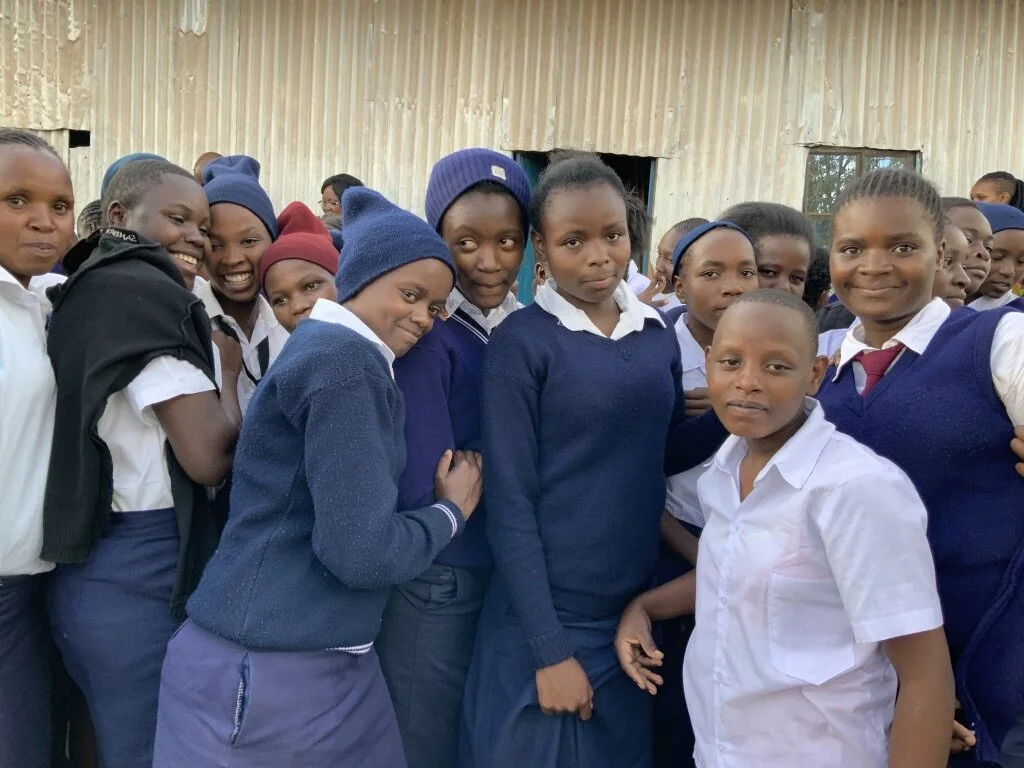$6.00, the cost of providing a young girl with her menstrual hygiene products for a month. Your donation will provide the young girl menstrual pads, underwear, and wipes for a month.
For less than the cost of a Venti cup of coffee, you can afford a young girl the opportunity to say YES to new opportunities for advancing in her school.
You can afford a young girl the chance to say YES to bodily autonomy and YES to walking proudly in her society. You can afford her the chance to say NO to trading sex for menstrual products, NO to un-necessary absence from school, and NO to inequality in her society due to period poverty, NO to unplanned pregnancy and NO to exposure to HIV and other STD’s from trading sex for menstrual products
Addressing Period Poverty Head On
A problem of period poverty
NAIROBI - In Kenya, girls living in the slums cannot regularly access menstrual health products to manage their periods. As a result, girls use homemade materials like cloth, rags, newspaper, or paper bags, which is usually ineffective and can lead to public embarrassment and infections due to poor hygiene. Menstruation also causes girls in the slums to stay home from school due to fear and shame. Studies have shown that girls in poverty are missing up to 20%of schools days in the year because they cannot afford menstrual hygiene products. According to a study commissioned by the Kenyan ministry of Health (2016) shows that more than half of Kenyan girls had challenges with access to menstrual hygiene products like sanitary pads. Other studies found that in Kibera slum, 65% of women have traded sex for sanitary pads (FAWE, 2011).
This problem is personal
One of the students at Transformer Secondary school by the name Wamaitha, opened up on her struggles during her menstrual period. She, like many of her peers live in the Mukuru Kwa Ruben slum, and when it’s her time of the month, is often forced to stay home and miss school since her parents don’t have money to purchase sanitary towels for her. In many instances, she was forced to cut off her blanket which she uses to cover herself during the night to use it as a menstrual pad.
“Ultimately, reproductive justice is all about
access: girls and women getting access to
the reproductive services they need, access
to information about health and
reproductive choices, and access to their
own bodies, which includes the right to
make their own decisions.”
Get In Touch
Because this program is one that will have a never ending need, we are always looking for investors and folks looking to facilitate access to young girls who want to stay in school. Donations are always accepted!
